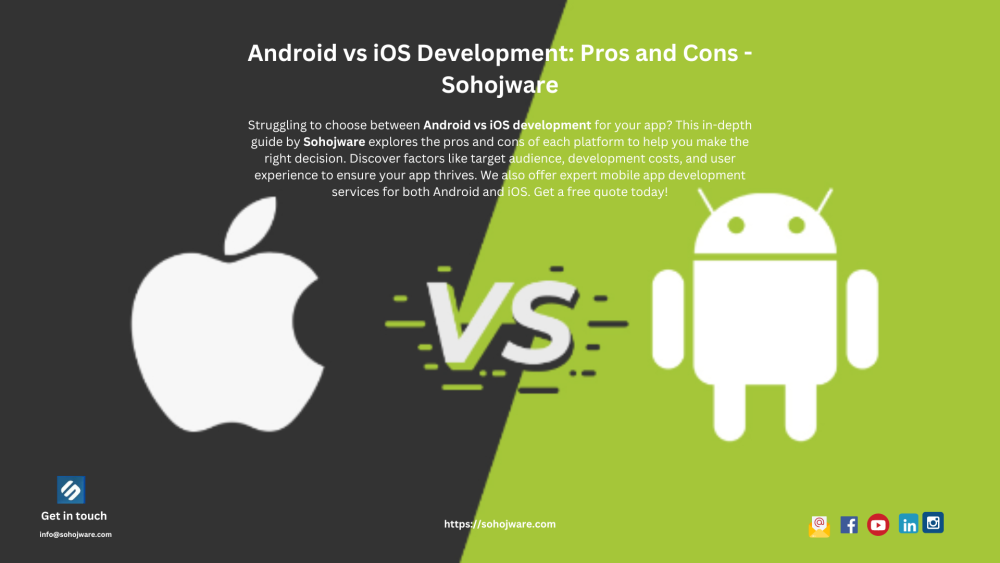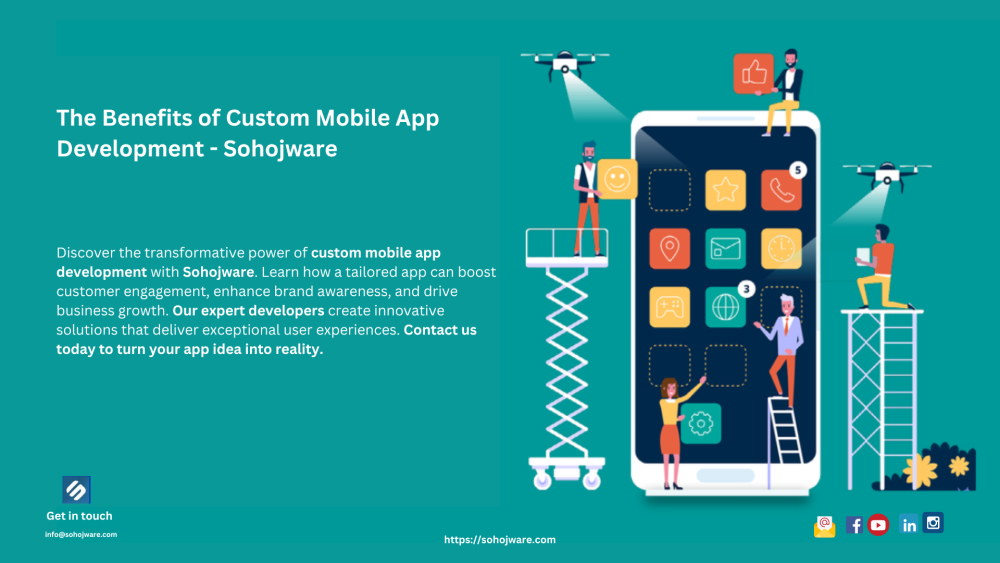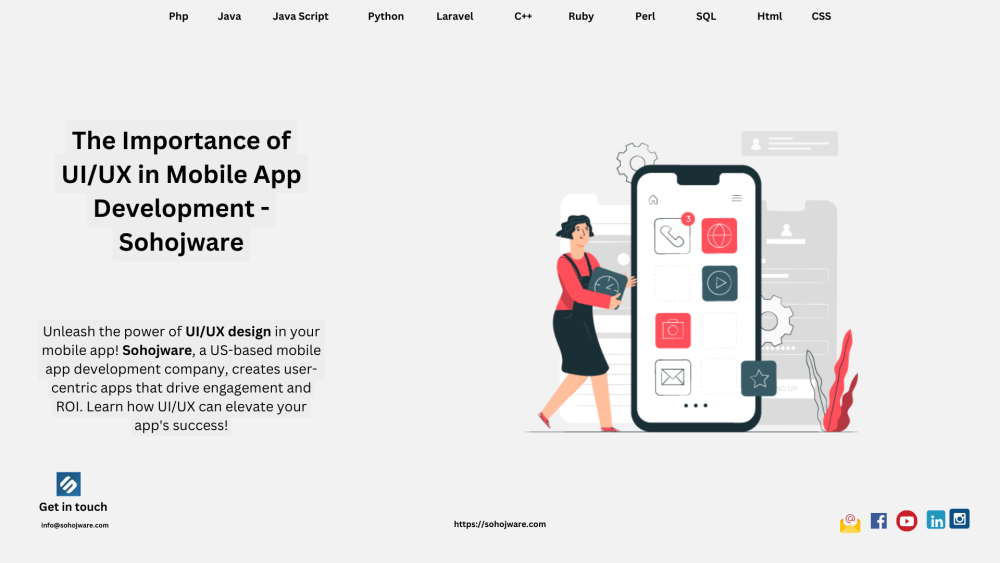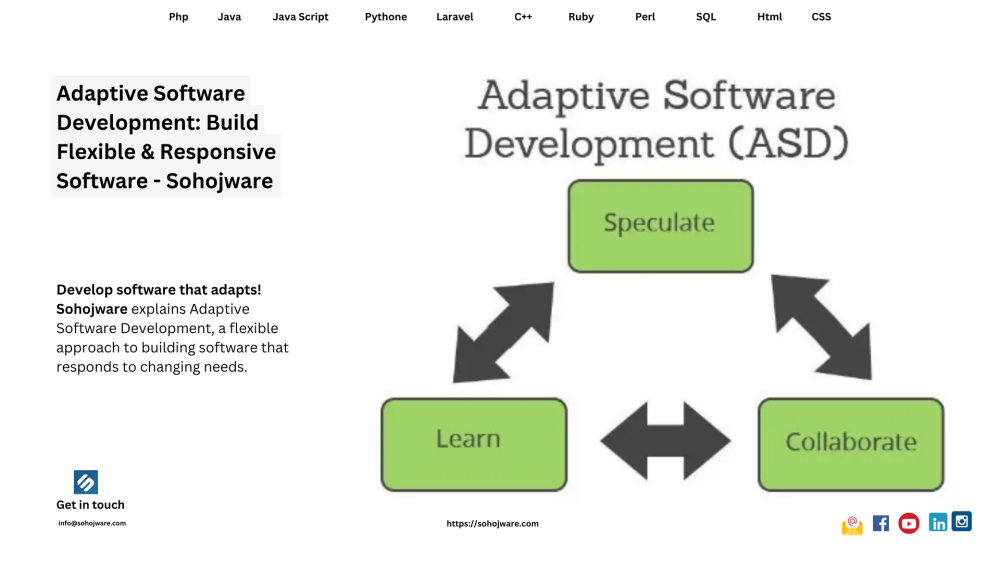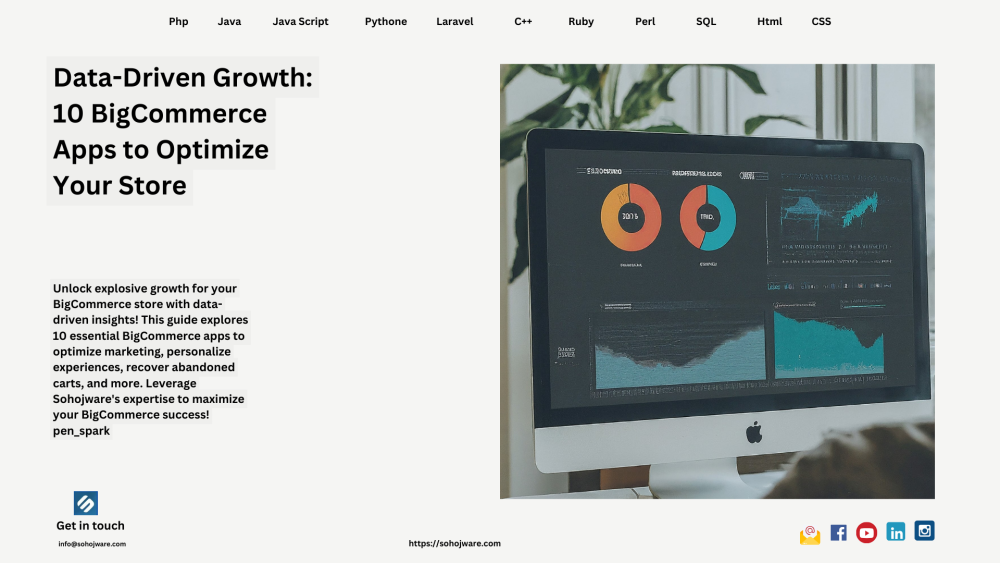The mobile app development landscape is booming, with Android and iOS dominating the market. Choosing the right platform for your app can be a critical decision that impacts development costs, target audience reach, and overall success. This article by Sohojware, a leading mobile app development company, delves into the pros and cons of both Android and iOS development to help you make an informed decision.
Android vs iOS: A Tale of Two Titans
Android, developed by Google, is an open-source operating system that powers a vast majority of smartphones and tablets worldwide. iOS, on the other hand, is Apple's proprietary operating system exclusive to iPhones and iPads. This fundamental difference between Android and iOS lays the groundwork for their unique advantages and disadvantages.
Android App Development: Unlocking Freedom and Flexibility
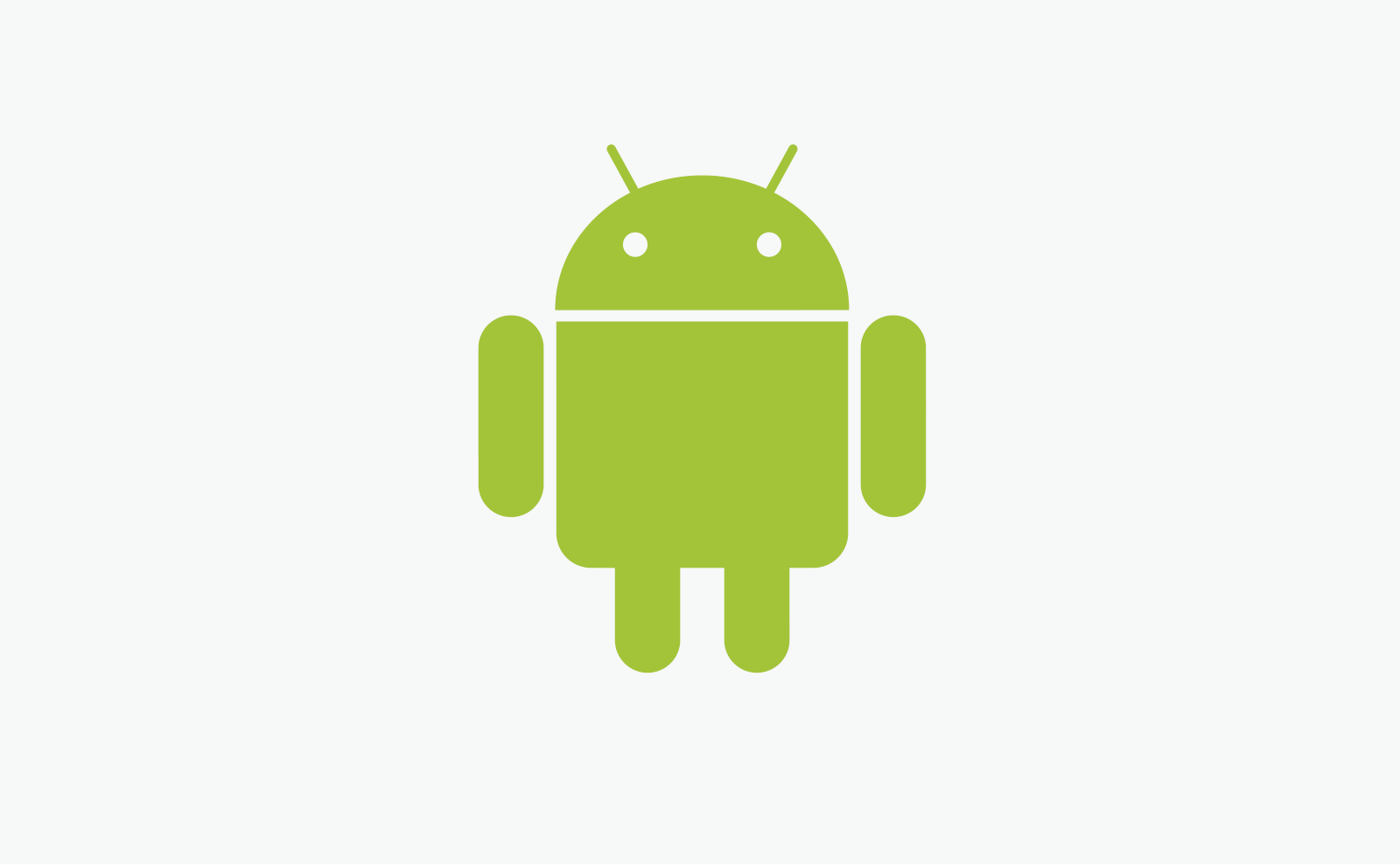
-
Open-Source Advantage: Android's open-source nature allows for greater development flexibility. Developers have access to the source code, enabling extensive customization and integration of third-party libraries. This freedom fosters innovation and a wider range of functionalities within Android apps.
-
Market Reach: The Android ecosystem boasts a significantly larger market share globally compared to iOS. By opting for Android app development, you can reach a broader audience, potentially increasing your app's visibility and user base.
-
Cost-Effectiveness: Development costs for Android apps tend to be lower due to the open-source nature and wider range of development tools available. This can be a significant advantage for startups and businesses with budget constraints.
-
Hardware Diversity: Android runs on a diverse range of devices from various manufacturers, offering varying screen sizes, hardware specifications, and functionalities. This can be a challenge for developers who need to ensure app compatibility across different devices.
-
Fragmentation: The open nature of Android also leads to fragmentation, where different devices run different versions of the operating system. This can make it more complex to develop and test apps for consistent performance across the entire Android ecosystem.
iOS App Development: A Streamlined and Premium Experience
-
User Experience (UX) Focus: Apple prioritizes a seamless and consistent user experience across all iOS devices. This translates into a more streamlined development process for developers and a generally smoother user experience for iOS app users.
-
App Store Advantage: The Apple App Store is known for its strict quality control measures, leading to a more curated selection of apps with a higher perceived value. This can be beneficial for premium apps targeting a specific audience.
-
Security and Updates: Apple has tight control over the iOS ecosystem, ensuring timely updates and stricter security protocols. This can be a major advantage for apps that handle sensitive user data or require a high level of security.
-
Limited Hardware: Unlike Android, iOS runs on a limited range of Apple devices with standardized hardware specifications. This simplifies development and testing processes, ensuring a more consistent user experience across all iOS devices.
-
Higher Development Costs: Developing for iOS typically involves steeper costs due to factors like Apple's licensing fees and the use of proprietary development tools. This can be a barrier for some businesses, particularly those with limited budgets.
Sohojware: Your Trusted Partner in Mobile App Development
Sohojware, a leading mobile app development company, possesses a team of skilled and experienced developers well-versed in both Android and iOS development. We can help you analyze your target audience, app concept, and budget to recommend the most suitable platform for your project.
Making the Right Choice: Android vs iOS
The ideal platform for your app development depends on your specific needs and priorities. Here are some key factors to consider:
-
Target Audience: If you aim for a broader global reach, Android might be the better choice. If you target a premium audience within the Apple ecosystem, iOS could be preferable.
-
App Functionality: Consider the functionalities your app requires. If extensive customization or third-party integrations are crucial, Android might offer more flexibility.
-
Budget: Development costs tend to be lower for Android apps.
-
Development Time: The streamlined development process for iOS can potentially lead to faster development times.
Sohojware FAQs: Your Android and iOS Development Questions Answered
-
Does Sohojware develop apps for both Android and iOS?
Yes, Sohojware is a full-service mobile app development company with expertise in both Android and iOS development. We can guide you in choosing the right platform for your app and ensure a successful development process.
-
Can Sohojware help me with cross-platform app development?
Absolutely! Sohojware offers cross-platform app development services using frameworks like React Native or Flutter. This allows you to develop a single codebase that can be deployed on both Android and iOS platforms, potentially reducing development costs and time.
-
How can Sohojware ensure the quality of my app across different Android devices?
Sohojware employs a rigorous testing process that includes utilizing various Android devices and emulators to identify and rectify compatibility issues. We strive to deliver a seamless user experience for your app across the vast Android ecosystem.
-
What are the benefits of using Sohojware for my mobile app development project?
Sohojware offers a comprehensive range of mobile app development services, from initial consultation and planning to development, deployment, and ongoing maintenance. Our team of experienced developers will work closely with you to understand your vision and translate it into a successful app. We are committed to delivering high-quality, user-centric apps that meet your specific business goals.
-
How much does it cost to develop a mobile app with Sohojware?
The cost of mobile app development varies depending on several factors, including the complexity of your app's features, the chosen platform (Android or iOS), and the development approach (native or cross-platform). Sohojware offers flexible engagement models to suit your budget and project requirements. We will provide a transparent cost estimate after a thorough discussion of your app concept and needs.
Conclusion: Choosing the Right Path with Sohojware
Sohojware empowers you to make an informed decision between Android and iOS development by understanding your project's unique requirements. Whether you target a global audience or prioritize a premium user experience, we possess the expertise to navigate both Android and iOS ecosystems. With Sohojware as your partner, you can leverage the strengths of your chosen platform and develop a mobile app that achieves success.
Contact Sohojware today to discuss your mobile app development project and embark on your journey to app creation!
